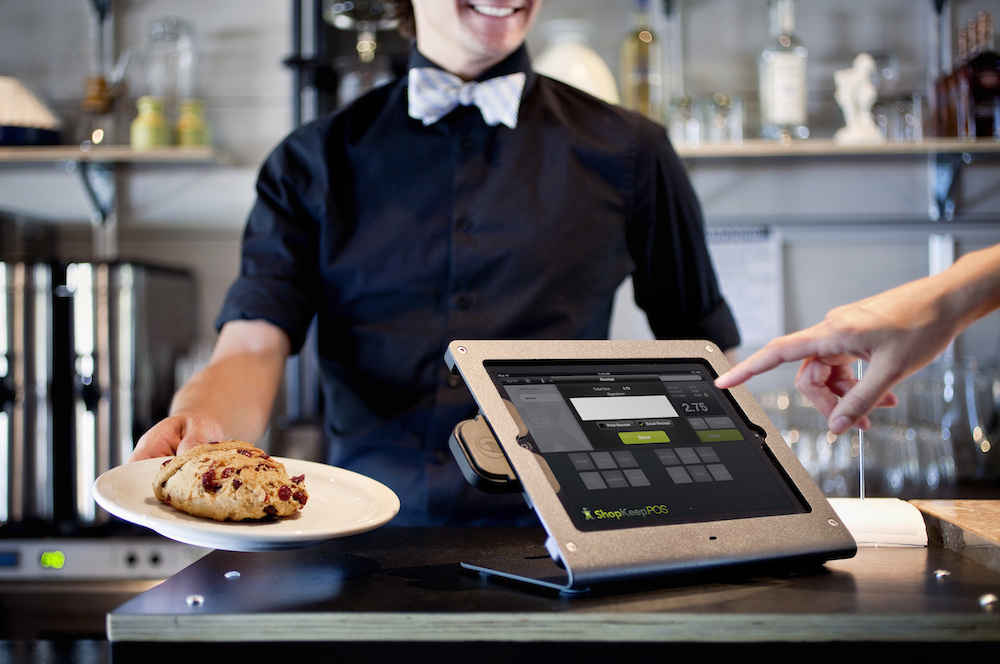Introduction:
In the rich tapestry of British cuisine, traditional dishes hold a cherished place in the hearts and palates of many. From hearty pies to comforting puddings, these classics evoke a sense of nostalgia and pride in culinary heritage. However, as technology continues to evolve, so too does the way we approach cooking and food preparation. In this article, we’ll explore how modern innovations in smart cooking are breathing new life into British classics, marrying tradition with cutting-edge technology to create exciting culinary experiences for the discerning UK audience.
Evolution of British Cuisine
Rich Culinary Heritage:
British cuisine is steeped in history and tradition, with iconic dishes like fish and chips, Sunday roasts, and shepherd’s pie reflecting the diverse culinary influences and regional flavors of the British Isles.
Embracing Innovation:
While traditional recipes remain beloved staples, there is a growing appetite for innovation and experimentation in British cooking, driven by changing tastes, multicultural influences, and advancements in culinary technology.
Balancing Tradition and Modernity:
Modern chefs and home cooks are reimagining British classics, preserving their essence while incorporating contemporary twists and techniques to appeal to a new generation of diners.
The Role of Smart Cooking Innovations
Harnessing Technology:
Smart cooking innovations leverage technology such as AI, IoT (Internet of Things), and automation to revolutionize the way we cook, offering convenience, precision, and efficiency in the kitchen.
Enhancing Cooking Experience:
By simplifying complex tasks, providing recipe guidance, and ensuring consistent results, smart cooking innovations empower cooks of all skill levels to explore new flavors and techniques with confidence.
Preserving Tradition:
While embracing innovation, smart cooking technologies also honor culinary traditions by offering modern interpretations of classic dishes that retain their authenticity and nostalgic appeal.
Reimagining British Classics with Smart Cooking Innovations
Shepherd’s Pie with Smart Sous Vide:
Traditional shepherd’s pie gets a modern twist with the precision cooking capabilities of sous vide technology, resulting in tender and flavorful meat fillings and perfectly cooked vegetables.
Smart Slow Cooker Sunday Roast:
The beloved Sunday roast receives an upgrade with smart slow cooker technology, allowing cooks to set precise cooking times and temperatures for succulent meats and caramelized vegetables.
Fish and Chips with Air Fryer:
Classic fish and chips get a healthier makeover with the use of air fryer technology, producing crispy and golden-brown fish fillets and chips with significantly less oil than traditional frying methods.
Smart Oven Baked Beans:
Homemade baked beans take on a new level of convenience with smart oven technology, allowing cooks to slow-cook beans to perfection with minimal effort and precise temperature control.
Benefits of Smart Cooking Innovations for British Classics
Time-saving Convenience:
Smart cooking innovations streamline preparation and cooking processes, reducing hands-on time and allowing cooks to focus on other tasks or activities.
Consistent Results:
With precise temperature control and cooking algorithms, smart cooking technologies ensure consistent and reliable results, eliminating guesswork and enhancing flavor and texture.
Healthier Options:
Smart cooking innovations offer healthier alternatives to traditional cooking methods, such as air frying, sous vide, and steam cooking, promoting healthier eating habits without sacrificing taste or satisfaction.
Customization and Control:
Smart cooking technologies allow users to customize settings, adjust cooking parameters, and experiment with new recipes, empowering them to unleash their creativity in the kitchen.
Popular Smart Cooking Appliances and Technologies
Smart Ovens:
Smart ovens offer advanced features such as precise temperature control, recipe guidance, and remote monitoring via smartphone apps, making them ideal for baking, roasting, and multi-step cooking processes.
Sous Vide Devices:
Sous vide devices use precision heating and water circulation to cook food to precise temperatures, resulting in tender, evenly cooked dishes with minimal effort.
Air Fryers:
Air fryers use hot air circulation to crisp and cook food without the need for excessive oil, making them a healthier alternative to traditional frying methods for dishes like fish and chips, chicken nuggets, and French fries.
Smart Slow Cookers:
Smart slow cookers offer programmable settings, temperature control, and remote monitoring capabilities, allowing users to prepare hearty stews, roasts, and soups with ease.
Future Trends and Innovations in Smart Cooking
Integration with Voice Assistants:
Future smart cooking technologies may integrate with voice assistants such as Amazon Alexa or Google Assistant, allowing users to control appliances, access recipes, and receive cooking tips using voice commands.
Enhanced Connectivity and Interoperability:
Smart cooking appliances may become more interconnected, enabling seamless communication and integration between devices for synchronized cooking processes and recipe management.
Personalized Recommendations and Adaptation:
Advanced AI algorithms may provide personalized recipe recommendations based on users’ dietary preferences, allergies, and cooking habits, adapting recipes to suit individual tastes and requirements.
Conclusion: Embracing Tradition and Innovation in British Cuisine
As British cuisine continues to evolve, smart cooking innovations offer an exciting opportunity to modernize traditional classics while preserving their timeless appeal and nostalgic charm. By harnessing the power of technology, cooks and chefs in the UK can explore new culinary horizons, experiment with innovative techniques, and create memorable dining experiences that honor tradition while embracing the future. Whether it’s a smart oven-roasted Sunday roast or air-fried fish and chips, smart cooking innovations are revolutionizing British classics and shaping the future of culinary creativity in the UK.

